Association of fire chiefs in El Paso County expresses concern about upcoming special legislative session on property tax relief
COLORADO SPRINGS, Colo. (KRDO) -- The Pikes Peak Fire Chiefs Council sent a letter to Gov. Jared Polis and state Lawmakers Tuesday, stating its opposition to proposed property tax relief that doesn't include financial protections for smaller fire districts and special districts.
"Fire Chiefs support full funding to these vital services," council president Andrew York wrote in the letter.
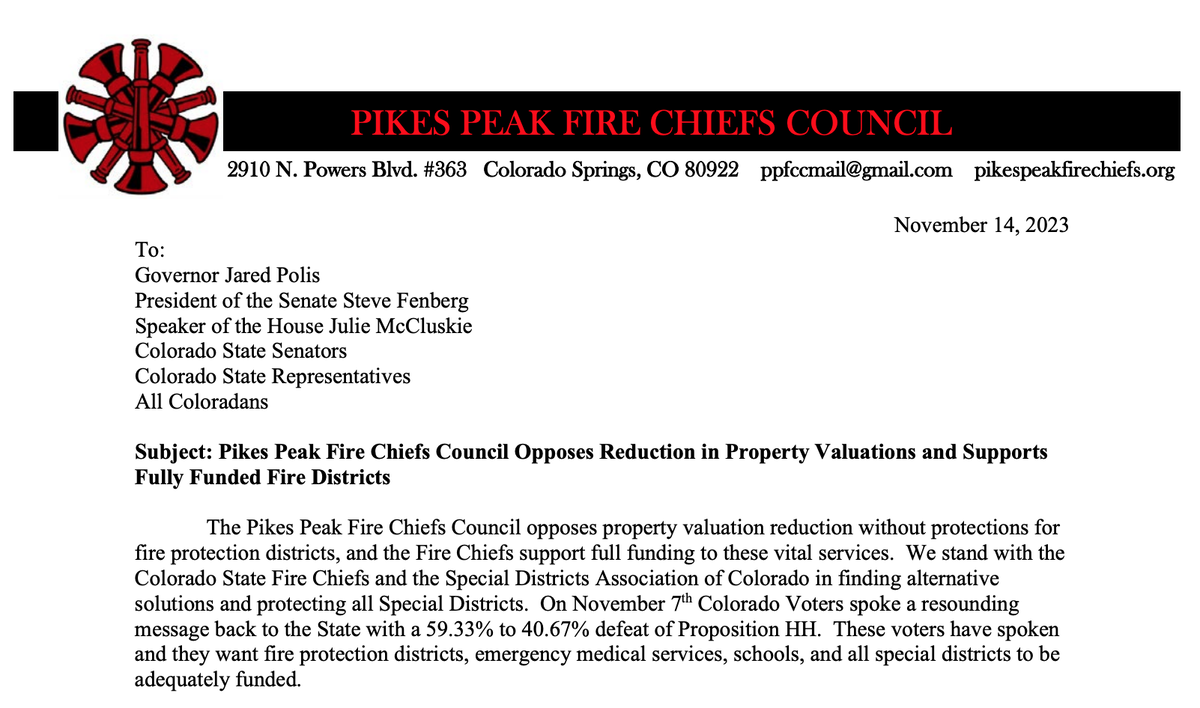
The PPFCC's letter comes two days before a special session of the Colorado legislature -- called by Polis -- convenes to discuss property tax relief as thousands of citizens face record increases in property tax bills next year.
On Election Day, voters rejected Proposition HH that was another effort to lessen the tax burden for property owners.
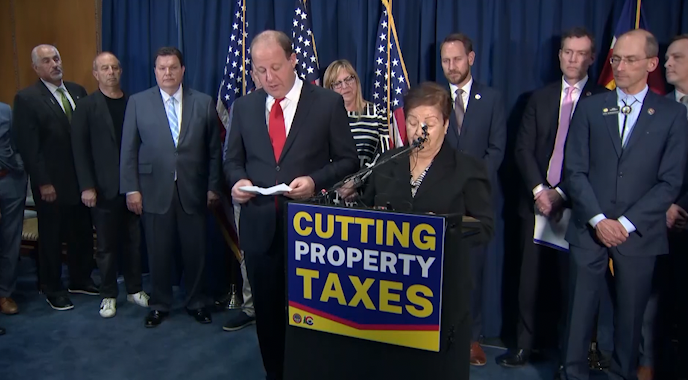
The PPFCC describes itself as a coalition representing all 27 fire departments in El Paso County -- including 19 fire districts, three municipal fire districts and five military fire departments.
"But most of them are smaller districts, with smaller budgets," York explained. "They rely more on property tax revenue that a larger district like Colorado Springs that relies more on sales tax revenue."

According to the letter, the coalition also represents special districts that operate schools, emergency medical services, schools, libraries, water departments and sanitation departments.
"We stand with the Colorado State Fire Chiefs and the Special Districts Association of Colorado in finding alternative solutions and protecting all special districts," the letter reads.
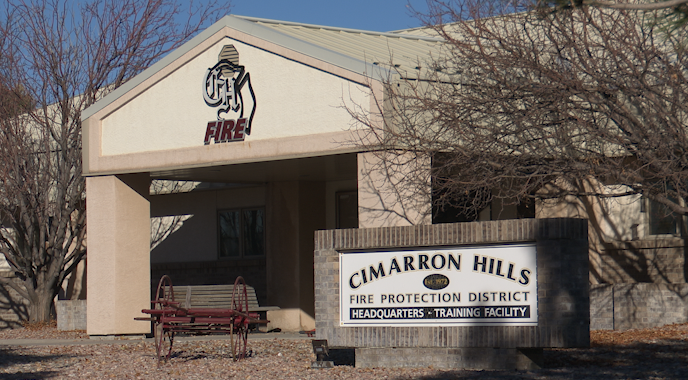
The PPFCC believes that lowering property values without financial protections for fire and special districts will have lasting, negative impacts to the services those districts provide.
York is the fire chief of one such district -- Cimarron Hills, just west of the eastern border of Colorado Springs.

"These reductions have the potential to drastically impact fire service staffing, response times and service provision," York wrote. "Reductions in fire district budgets may require many small fire departments to potentially close their doors, and leave others to decide whether to lay off firefighters and emergency medical responders, or to reduce services provided to their residents and visitors."
The PPFCC also states that insurance companies would collect more revenue from raising rates for property owners with lower property values -- which could reduce available service and lower fire department ratings.
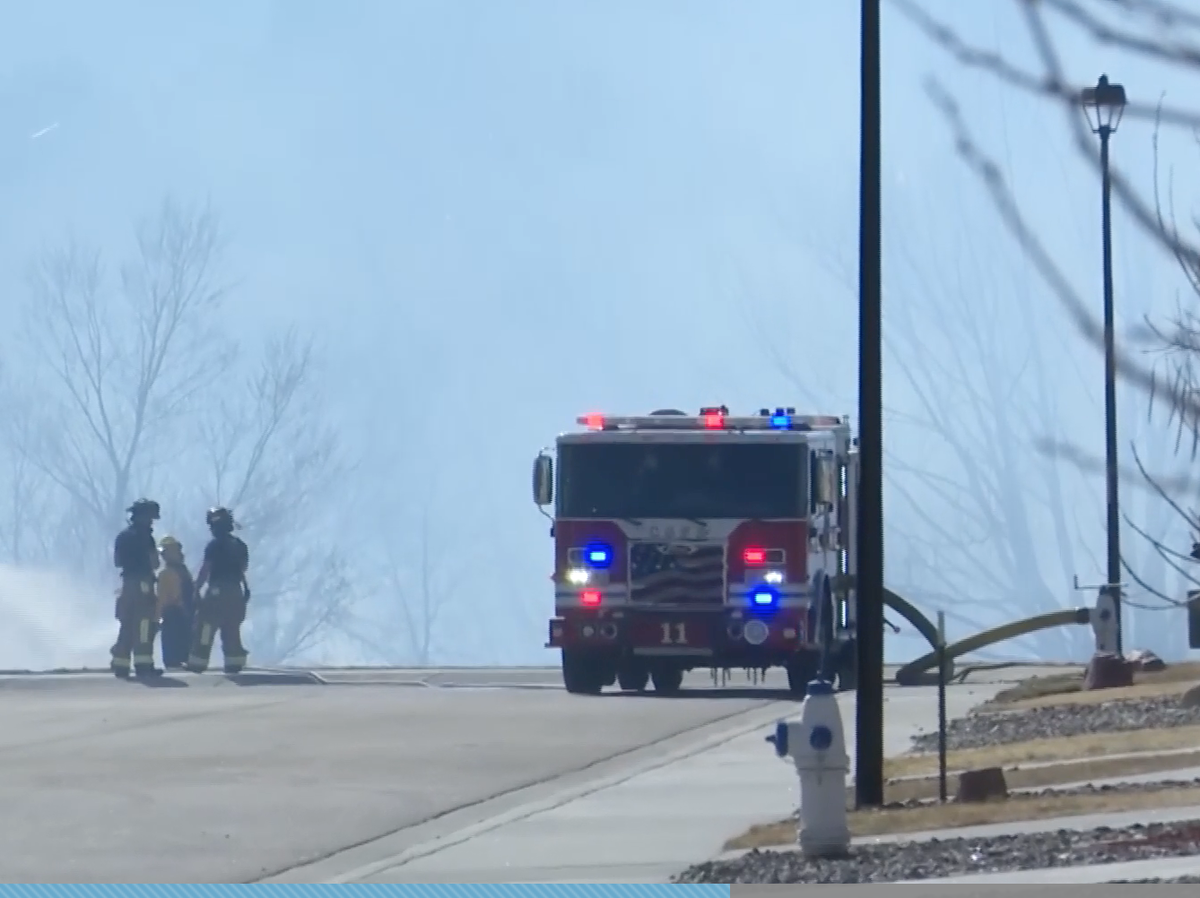
Options the PPFCC is asking state lawmakers to consider, to lower the tax burden on citizens include: Reducing state income taxes and vehicle registration fees, and creating a statewide sales tax to fund fire and emergency services.
According to the letter, the costs of building a fire station and buying a new fire engine have doubled since 2018 -- an example of how fire districts are challenged to "do more with less."
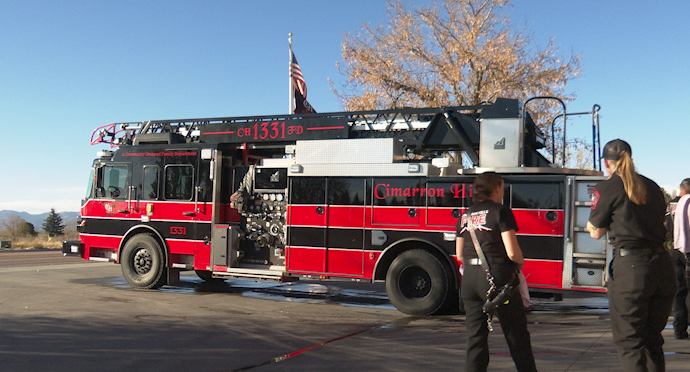
"As fire service leaders, we cannot continue to operate our fire departments in this manner," York wrote. "Our fire districts need support and need to be fully funded.
The PPFCC makes three challenges: For citizens to contact their lawmakers and push for support of local districts; for lawmakers to find long-term solutions; and for Polis to work with lawmakers in that regard.
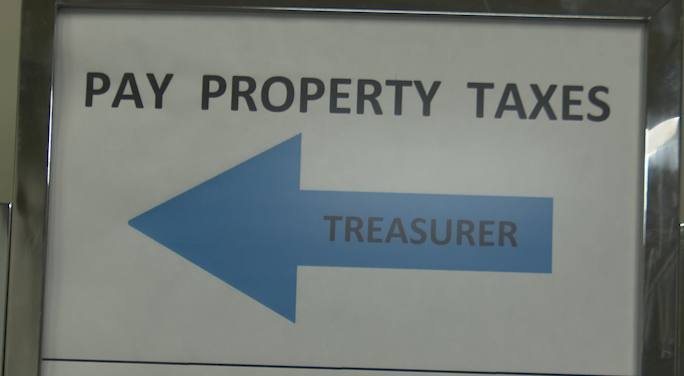
"We haven't decided yet if we'll send some people top attend the session," York said. "This is all developing pretty quickly for us."
